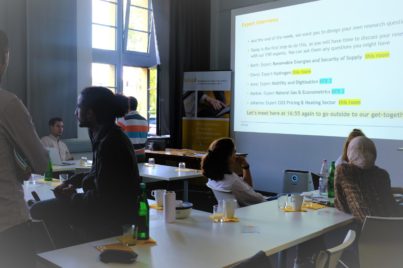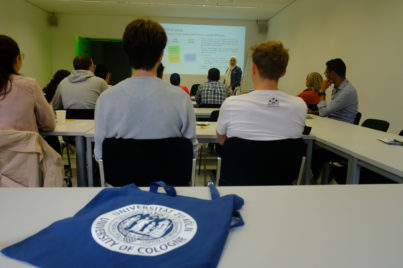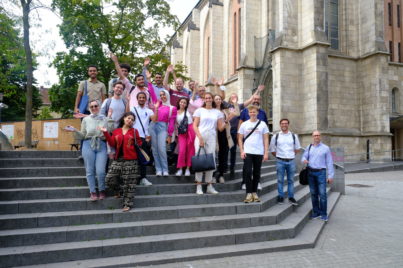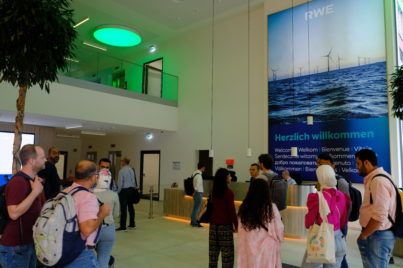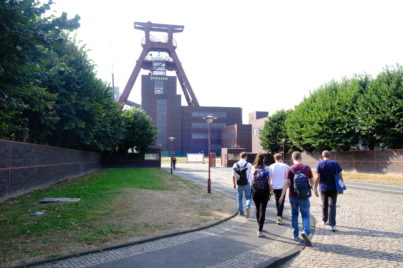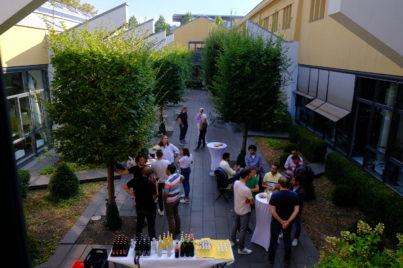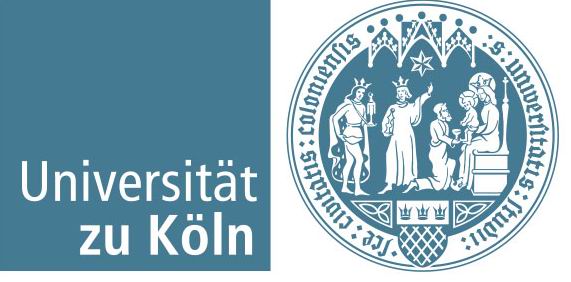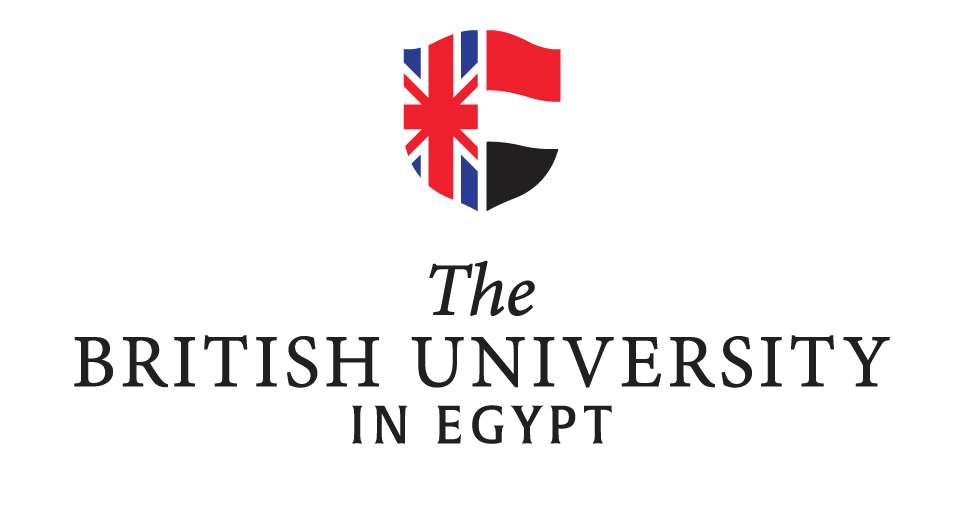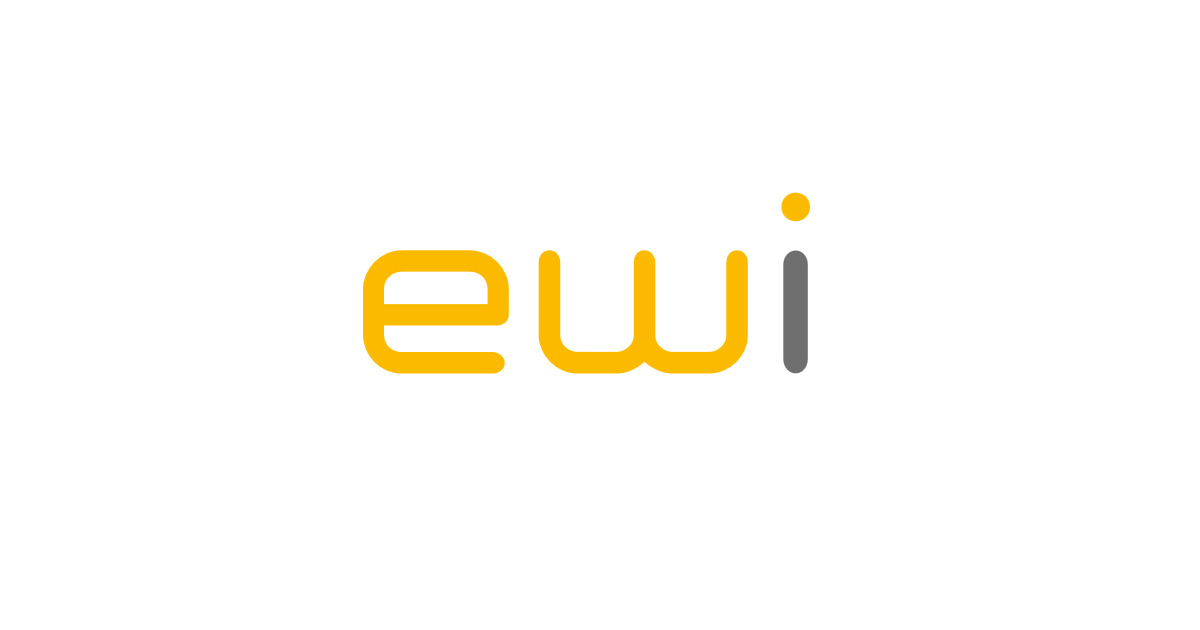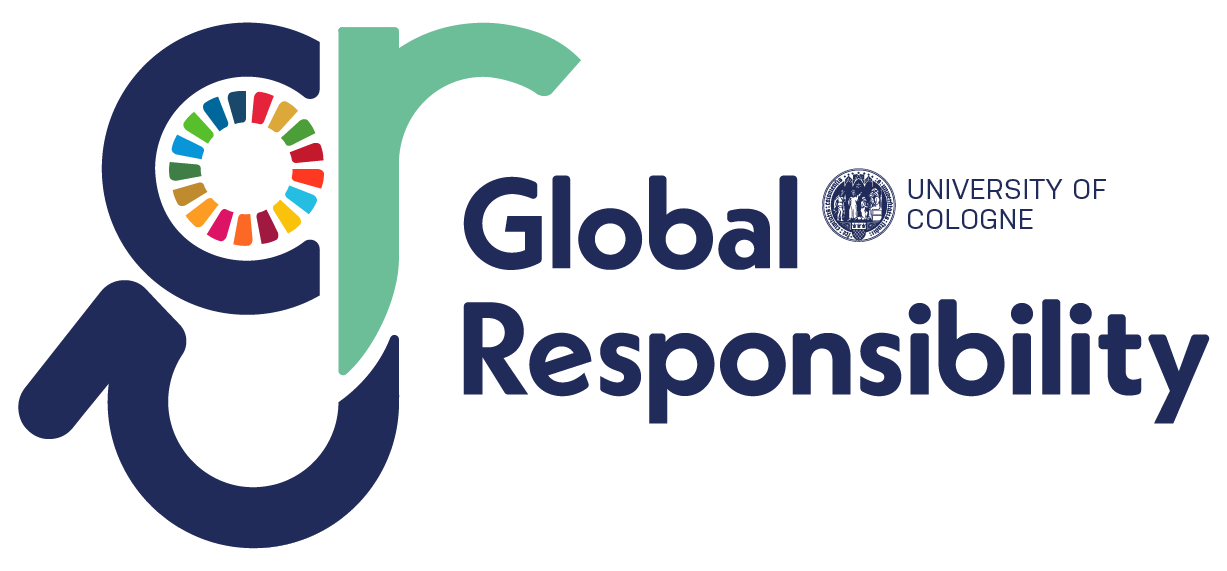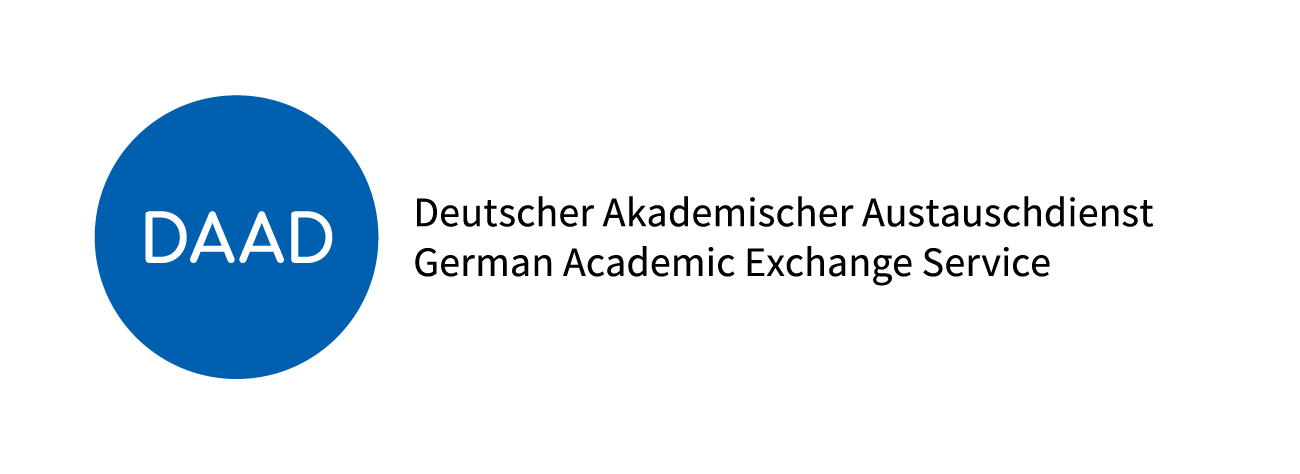© BaSEF

Abdelrahman Mokhtar Student at the British University in Egypt
“Attending the BaSEF summer school in Cologne was such a fun and eye-opening experience to me. The lectures were really informative and covered several topics of energy economics including green hydrogen, energy markets, carbon trading and EVs. Having participants from bachelor's, master's and PhD levels from the disciplines of economics and engineering has created a diversity that allowed for valuable discussions, and the alignment of the content with recent news and events has sparked intriguing debates. The excursion day to Essen where we visited RWE and the coal mine museum gave us an interesting outlook on Germany's history with energy and its current and future prospects. As an undergraduate, I benefited a lot from the methodology lectures and it helped me expand my horizons when thinking of a research idea. Cologne is a fascinating city and rich of history and beautiful architecture. Really enjoyed my stay in Cologne and learned a lot from the summer school.”

Basma KhaledStudent at the British University in Egypt
"The summer school was outstanding in many aspects as organization, academic content, methods of delivery, professionalism, and kindness of all presenters and participants. Also, I learned a lot about energy economics pillars and different research fields, in addition to the exposure to the differences energy markets structure between Germany and Egypt. Nevertheless, conducting a research idea in this focus of study and how would this be related to my studies. My biggest highlights were RWE visit, lecture presented by Prof. Dr. Marc-Oliver Bettzüge, dena scenario presented by Berit Czock and ETS lecture delivered by Dr. Johanna Bocklet. Though I would like to highlight that all the lectures were great and all presenters were exceeding the expectations."

Leonie WelliéStudent at the Ludwig-Maximilians University
in Munich
"My name is Leonie Wellié, I did my Economics Bachelor’s degree at the LMU in Munich and will start my Master's degree in Economics and the Policy of Energy and the Environment at UCL in London in September 2022. As a participant of the Basef Summer School, I was able to significantly deepen my interest in energy economics that I developed during my Bachelor studies and some of my internships. First of all, there were diverse lectures by staff members of the University of Cologne, the American University in Cairo, the British University in Egypt, and the EWI in the areas of energy transition, renewable energies and hydrogen. There were not all held by lecturers of Economics which was particularly enriching for a pure Economics student like me. Second of all, we had interactive workshops, e.g. on linear programming in energy economics which helped me to get a good overview of the statistical programmes used in energy economics. What is more, these workshops facilitated the exchange with the other students. Ultimately, finding our own research question of interest and setting out a research plan and framework helped me to visualise and plan my Master thesis. The exchange with students and teachers from the Egyptian universities was particularly exciting. It was amazing to see how the perspective on a successful energy transition changes as soon as you cross national borders. The different professional and cultural backgrounds of the students and professors not only enabled exciting discussions, but also a constructive exchange about possible courses of action and target-oriented technologies in the context of the global energy transition. In this regard, I believe that it is extremely important, especially in these times, to look beyond one's own position and to welcome alternative approaches from other countries. In addition to learning practical skills in the programming languages Julia and EViews, I was also able to gain new insights concerning the German strategy for the energy transition. One of my highlights was the excursion to RWE Supply&Trading, which was extremely instructive for us students because we were able to get to know energy economics in practice and to see a real working energy trading floor. All in all, the BaSEF Summer School was a great academic and personal enrichment for me, and I very much hope that I will also be able to attend the Winter School in Cairo this November to continue this important exchange and to visit my newly acquired fellow students in their home country."
Copyright © 2022 BaSEF | SYStemna.com. All rights reserved.

